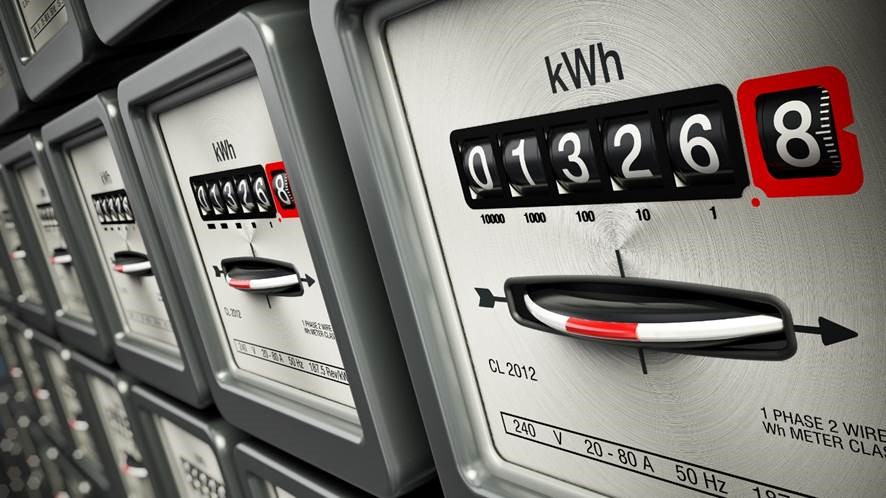2/3 of households can’t save as energy costs top worries

As the country inches closer to colder temperatures and people brace for Ofgem’s higher energy price cap in October, a new UK-wide survey reveals the impact the cost-of-living crisis is already having on household finances.
Quotezone.co.uk, one of the UK’s leading financial comparison platforms, surveyed 1,000 households to ask about financial changes over the past 12 months. Nearly two thirds, 59%, said the bill that has increased the most this year was energy (including home heating oil), followed by motor fuel costs (petrol/diesel) at 23.7% and groceries at 12.8%.
Nearly half, 42.9%, said they were spending over £100 more each month compared to this time last year. A shocking 26.5% said they were spending more than £250 extra per month, and just 1.1% said they were spending less than last year.
Worryingly, 65% of people said they were unable to add anything to their savings. 21.5% were able to save a modest amount (under £100) per month, and only 13.5% were able to save more than £100.
When asked ‘what would be the biggest help right now’, 50.8% said government support funds, 26.3% said more choice from energy firms and 13.8% said streamlining of grocery prices.
The ‘biggest financial worry right now’ for households was the cost of energy, with a landslide 73.3%, rising household food bills was a distant second at 9.7%, while 8.7% of households cited motor fuel costs.
Price comparison expert, Helen Rolph, comments: “It’s a worrying time for households as autumn approaches and our energy usage is about to surge, especially when two-thirds haven’t been unable to stockpile some savings. There are some existing government schemes that could be useful such as the Winter Fuel Payment, Warm Home Discount and the Cold Weather Payment – people should check to see if they’re eligible.
“There are also some small energy efficient improvements that can make a difference long term, such as changing to LED lightbulbs. Say the average house has approximately 30 lightbulbs, switching to LEDs from incandescent 40-watt bulbs saves £4 per bulb per year*, that’s £120 a year per household, when switched on for just an hour a day.”
The data, collected at the end of August 2022, is available on Quotezone.co.uk, one of the UK’s leading price comparison websites.




